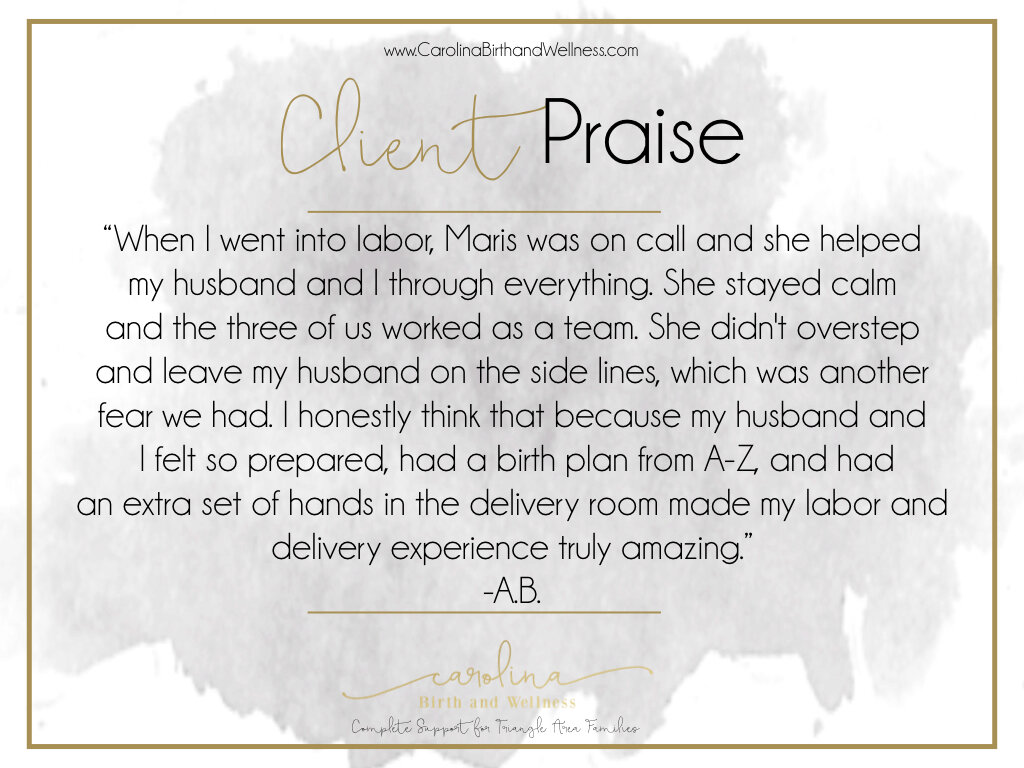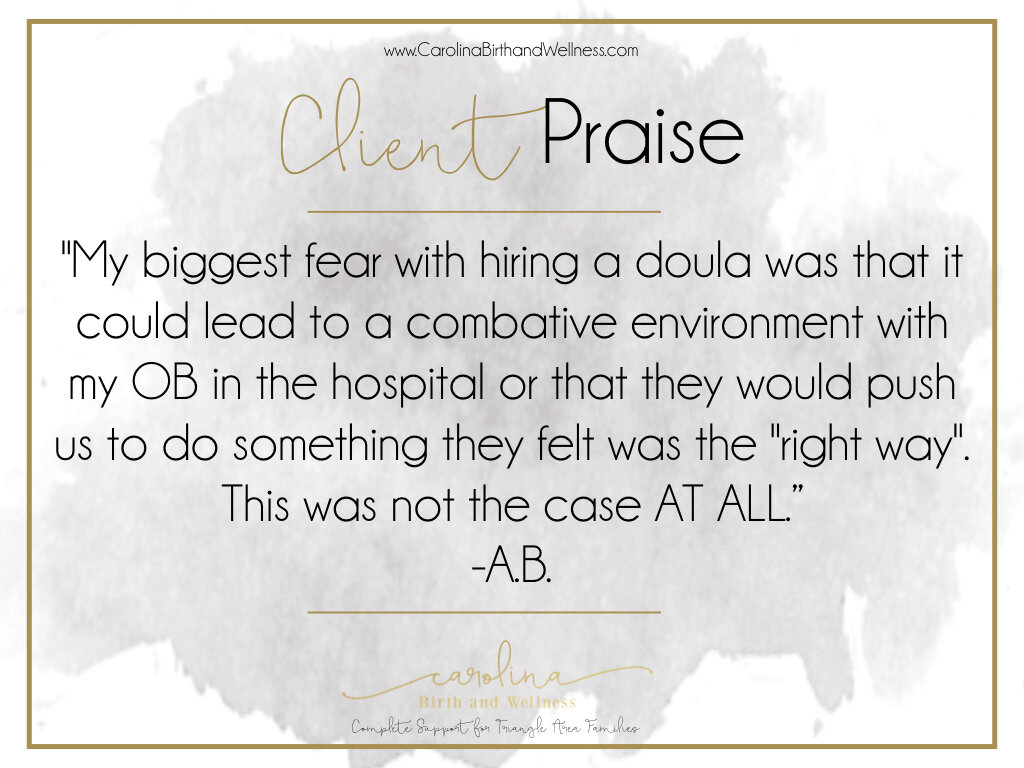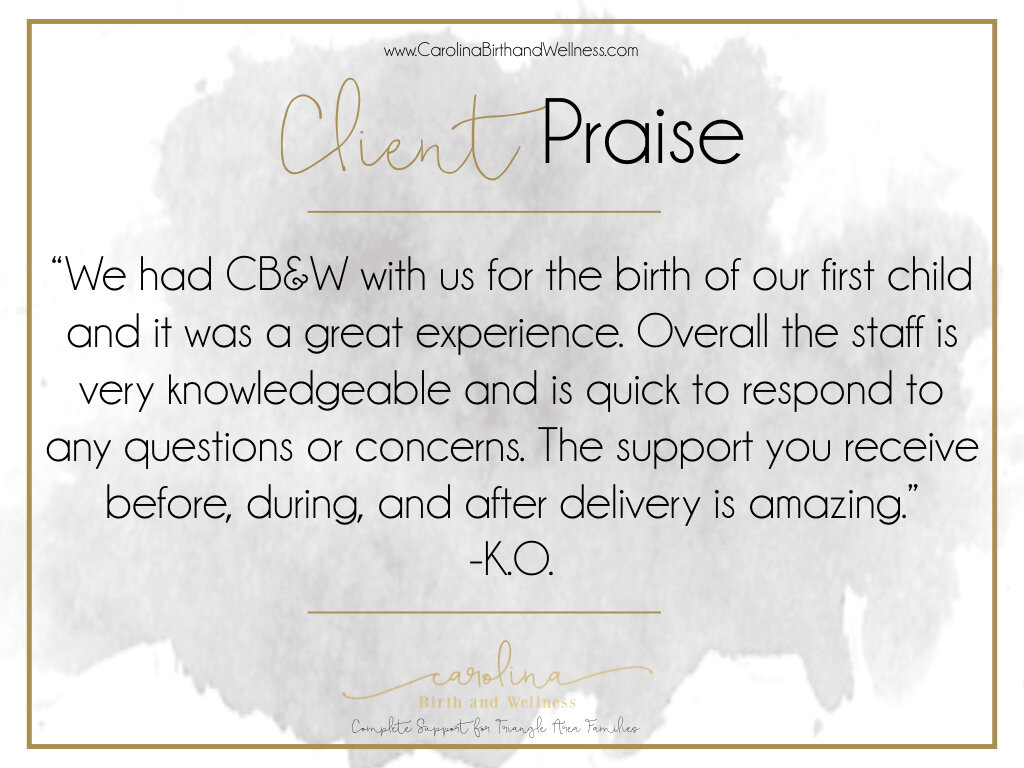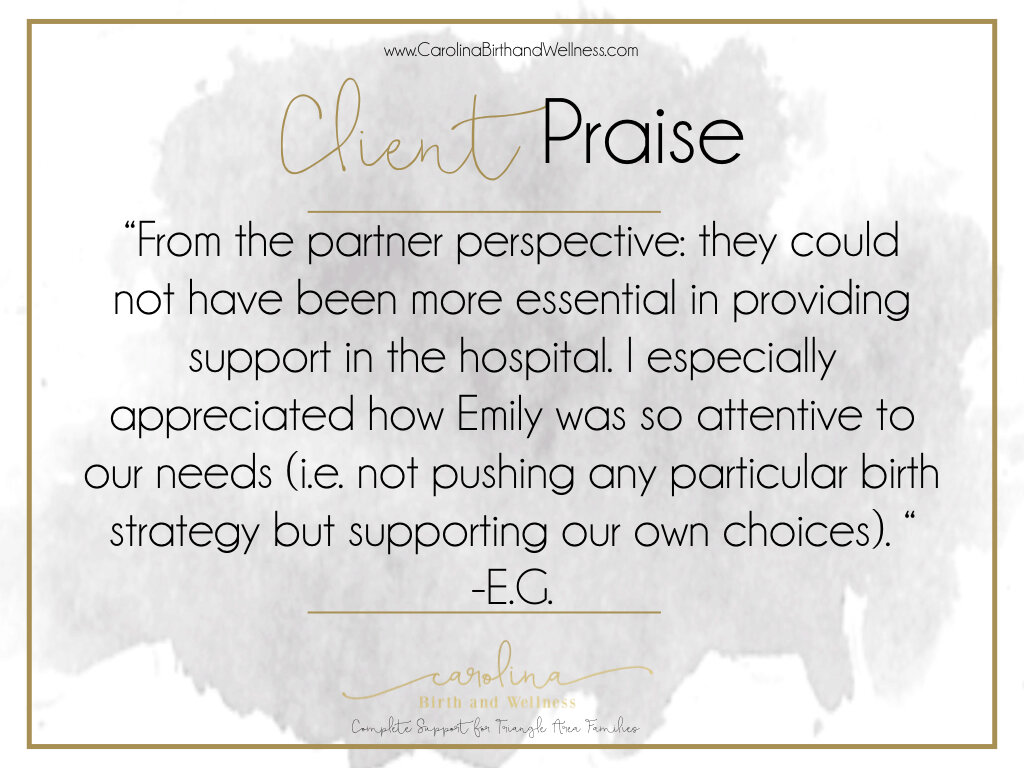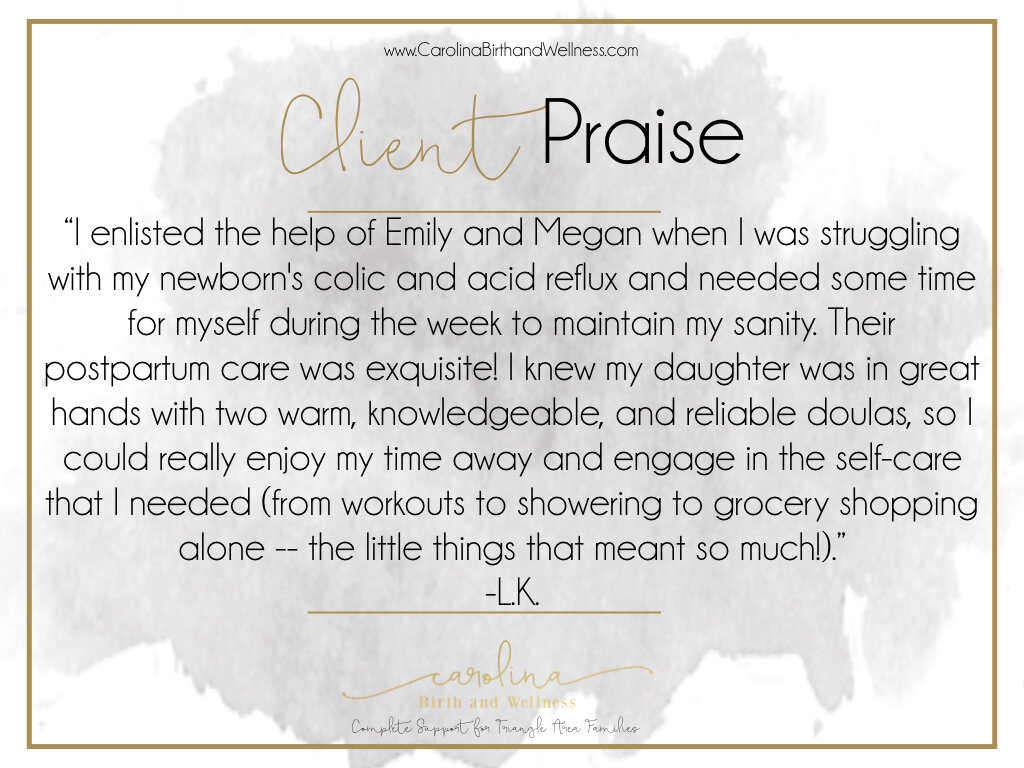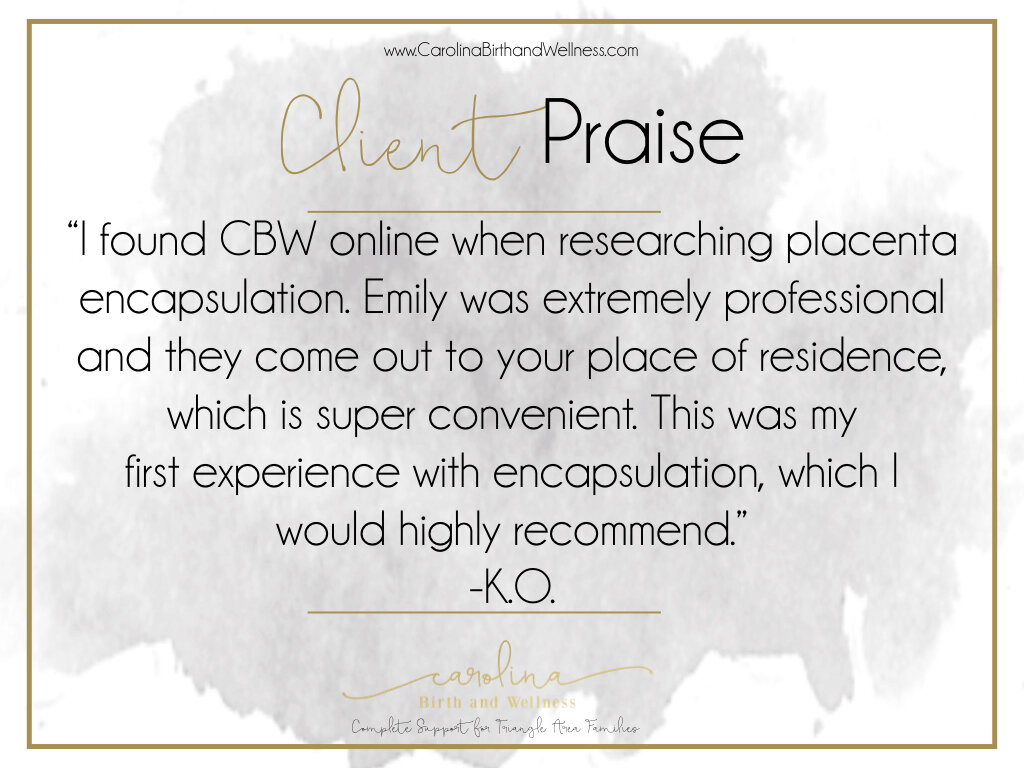Working in maternal health is a field that requires an equal amount of passion and drive, but also a personal connection to this time period is often what ignites this passion. Various providers have different paths to this connection whether it is through their experience, a friend or family member’s experience, or just a really inspiring book! I love learning about people’s why as it makes them much more human to me. And in the age of Zoom calls, telehealth, and texting, remembering we are all human is key.
Sara Skinner, LCSW, is no different. She and I actually have known of each since early 2018, we did not officially meet until mid 2019 and then we did not professional connect until just recently. We immediately bonded and talked about all the things related to motherhood, mental health, and of course our mutual love of pit bulls.
As a private practice therapist specialize in evidence-based trauma treatments, she is skilled at working with her clients to reach their goals in their way. Being dual-language and additional training in postpartum mood and anxiety disorders also helps her reach various populations, but specifically those in the maternal health section. Based in Durham, she is available for in person as well as tele-health to better suit her clients schedules and comfort levels.
Without further ado, let’s get into our conversation with therapist Sara Skinner:
What first made you interested in working in the perinatal field of therapy?
For the past eight years, I’ve focused on treating child and adult trauma survivors in outpatient and community settings. Prior to my work as a therapist, I provided case management for folks seeking an abortion in the US and Canada. My own experience with pregnancy, birth, and the postpartum period sparked my desire to support more folks experiencing fertility challenges, pregnancy, perinatal loss (including miscarriage, abortion, and stillbirth), postpartum mood and anxiety disorders, and adoption. I sought out additional specialized training in perinatal mental health through Postpartum Support International. When the pandemic hit, I became increasingly concerned about the mental health of folks experiencing pregnancy, pregnancy loss, and new parenthood during this incredibly isolating time. Pregnancy, pregnancy loss, and new parenthood are challenging and are often best navigated in community, and many people have not had the community they need. In March 2021, I chose to leave my previous job that focused exclusively on the treatment of traumatic stress to widen my scope of practice to include support for perinatal clients and their loved ones. I joined Rosenberg Psychotherapy Group, a private practice that specializes in trauma and perinatal mental health treatment. I love my work!
What does a typical session with you look like?
The content of a therapy session depends on the client’s need and their treatment goals. As a therapist, I look to help my client balance the need for space to deeply process and reflect on their experiences with their need for solutions. I partner with my client at the end of each session to set an intention as to how they might want to apply the work we are doing in session to their day-to-day lives for the next week. Our subsequent session often picks up where we left off, but I also make space for my client to prioritize the needs they have for that particular session. Also, thanks to telehealth, one of my animals might make a surprise appearance during a session.
How would you describe your style of therapy?
I aim to create a safe, supportive relationship with my clients so that they can tackle the work they want to do in therapy. I’ve had the privilege of receiving rigorous training in a variety of evidence-based treatments (EBTs). While it is important to incorporate interventions that have been rigorously studied, we know that these practices and the research upon which they are based are not immune to White supremacy, patriarchy, and capitalism. As a result, I view EBTs as a helpful tool but not the crux of my therapy practice. LGBTQ+-affirming, antiracist, and feminist practice require ongoing personal work for therapists, and I am committed to doing that work. I would like to think that I use humor effectively - but perhaps my clients are just putting up with me!
What is something you wish everyone knew about going to therapy?
While processing difficult thoughts, feelings, and experiences can be uncomfortable, you can do it and you do not have to do it alone. There is no shame in asking for support from a therapist - in fact, it’s actually quite brave. If you don’t feel comfortable with the first therapist you meet, try another one. A good match between therapist and client is important for folks to do the work they need to do.
Also, therapists go to therapy too! We are not wise, all-knowing wizards. We have specialized education and training to help us listen, reflect, affirm, and challenge, but we often need the same kind of support too.
When you are not with clients, where can we find you?
During the pandemic, you can find me playing with my family, exploring the outdoors, drinking too much coffee, and watching Rupaul’s Drag Race.


